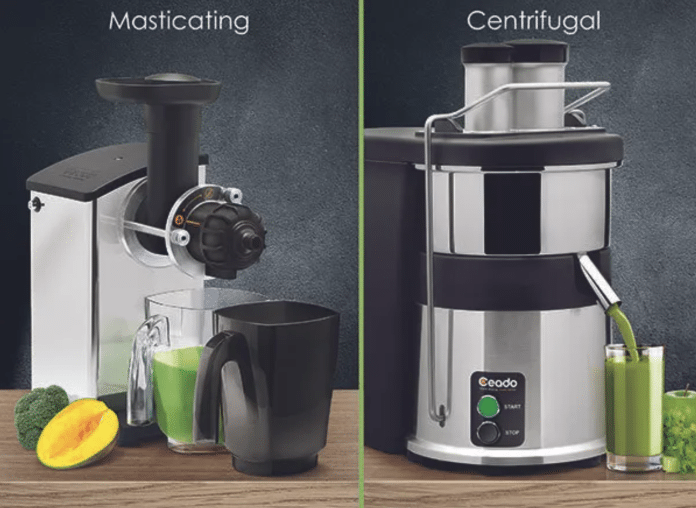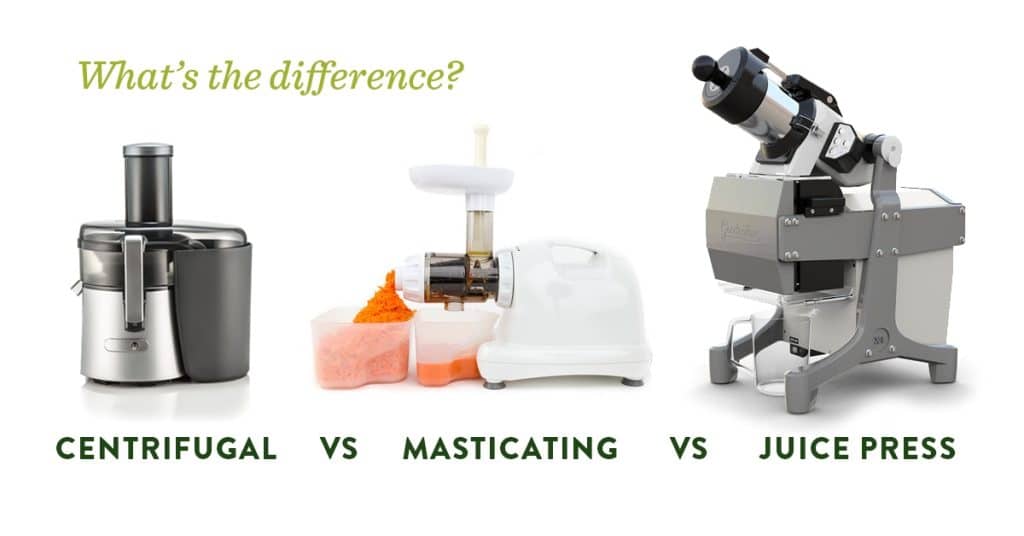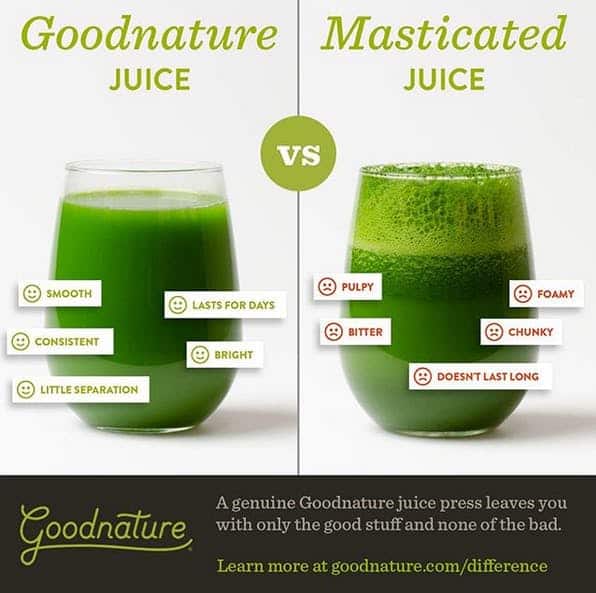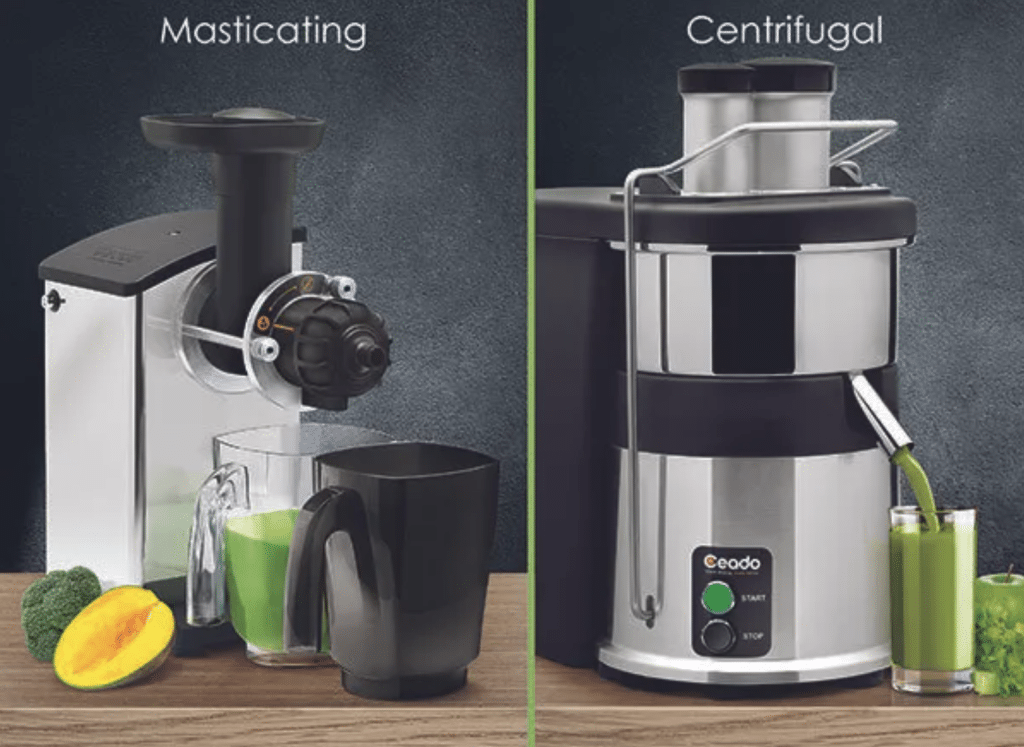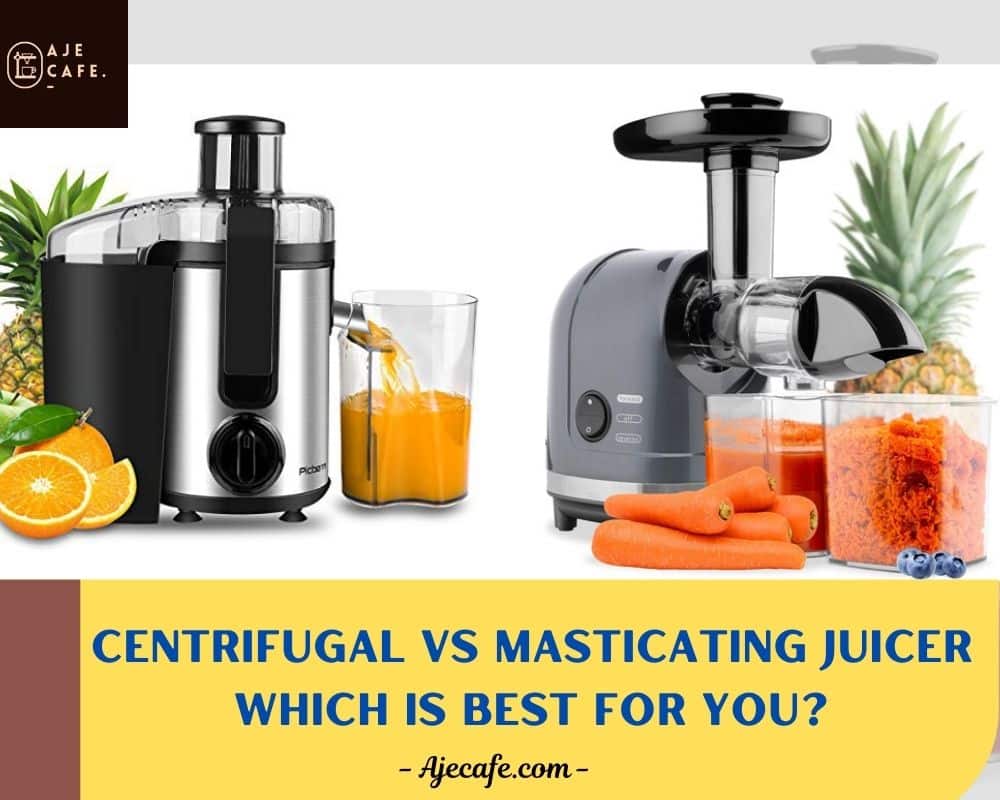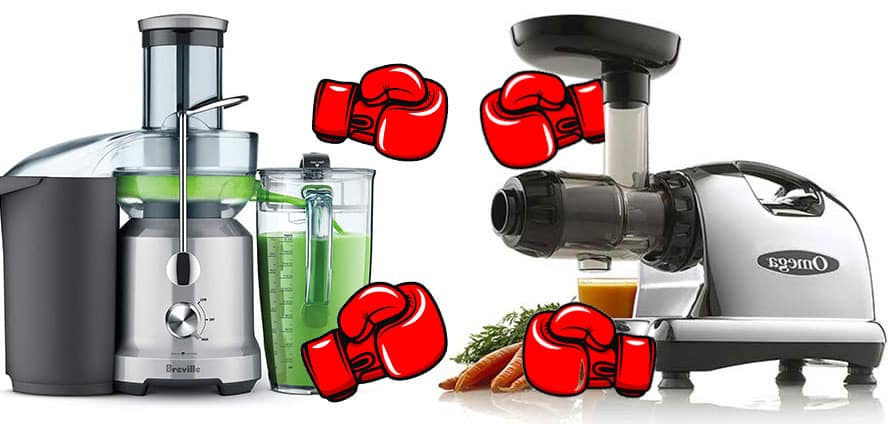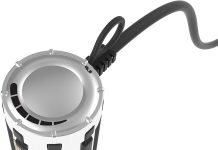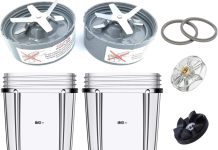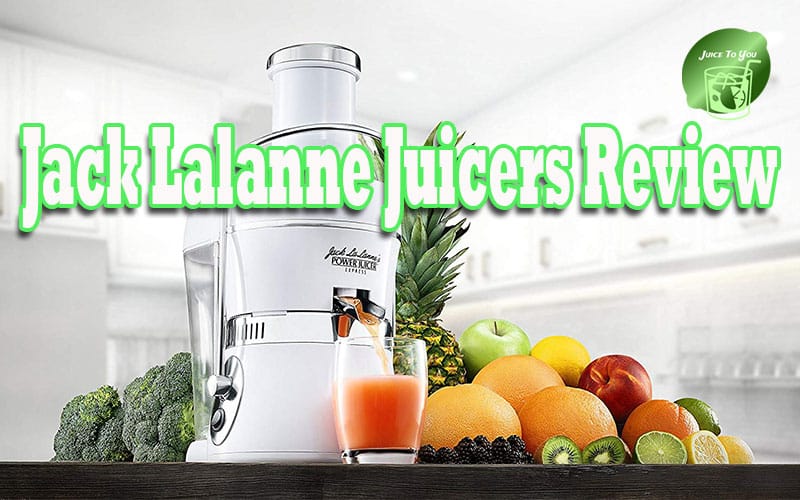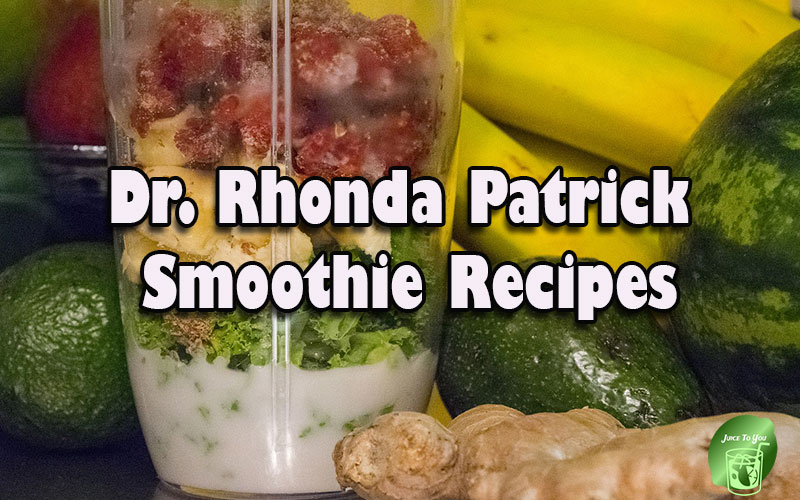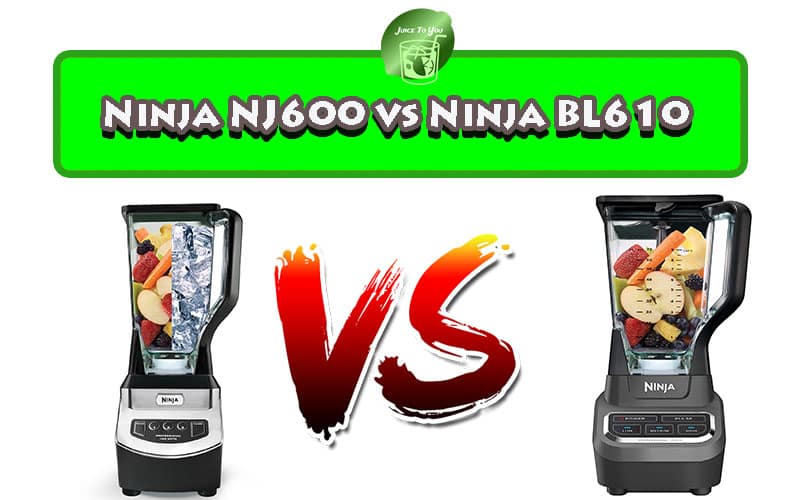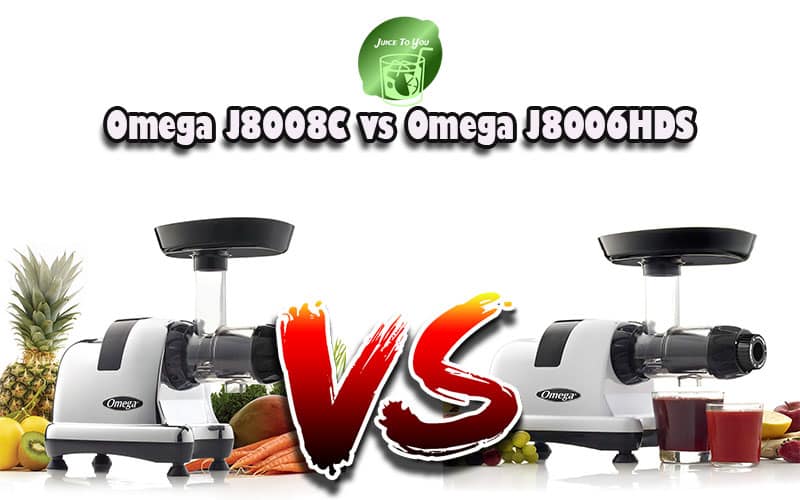In the world of juicing, the ongoing debate between masticating and centrifugal juicers has left many wondering which one reigns supreme. Both have their merits, but when it comes down to it, each type offers a unique set of benefits that cater to different preferences and needs. From the slow and methodical approach of the masticating juicer to the high-speed efficiency of the centrifugal juicer, join us as we explore the differences and help you decide which one is better suited for your juicing journey.
Review contents
What is better a masticating or centrifugal juicer?
This image is property of images.prismic.io.
Understanding the difference between masticating and centrifugal juicers
When it comes to choosing a juicer, there are two main types to consider: masticating and centrifugal. Each type has its own unique features and benefits, so it’s important to understand the differences in order to make the best choice for your juicing needs.
Masticating juicers, also known as slow juicers or cold press juicers, use a single auger to crush and grind fruits and vegetables to extract the juice. This process is done at a slow speed, typically around 80 RPMs (Rotations Per Minute). On the other hand, centrifugal juicers use a high-speed spinning blade to chop up the produce and separate the juice from the pulp.
How masticating juicers work
Masticating juicers work by using a slow and gentle grinding process to extract the juice from fruits and vegetables. The auger in these juicers slowly rotates and crushes the produce, effectively squeezing out the juice. This slow and methodical process helps to preserve the natural flavors and nutrients in the juice. Additionally, masticating juicers are also able to extract a higher yield of juice compared to centrifugal juicers.
How centrifugal juicers work
Centrifugal juicers, on the other hand, work by using a high-speed spinning blade to chop up the fruits and vegetables. The produce is pushed against a mesh filter, where the juice is then extracted and separated from the pulp. Centrifugal juicers are known for their fast juicing speed, which makes them a convenient option for those who are short on time. However, the high-speed rotation can generate heat, which may lead to some loss of nutrients and oxidation of the juice.
Juice quality and nutritional value
One of the key differences between masticating and centrifugal juicers is the quality of the juice they produce. Due to the slower speed and gentle grinding action, masticating juicers are often considered to produce higher-quality juice. The slow process helps to minimize oxidation and retain more nutrients and enzymes in the juice. On the other hand, the high-speed spinning action of centrifugal juicers can introduce more oxygen into the juice, leading to faster oxidation and potentially lower nutrient content.
This image is property of images.prismic.io.
Efficiency and speed of juicing
When it comes to efficiency and speed, centrifugal juicers are the clear winners. The high-speed spinning blades allow for quick and efficient juicing, making them ideal for those who need to juice large quantities in a short amount of time. Masticating juicers, on the other hand, operate at a slower speed, resulting in a slower juicing process. While this may not be ideal for those in a hurry, the slower speed does have its benefits in terms of juice quality and nutrient retention.
Noise level
If noise is a concern for you, then a masticating juicer may be the better option. The slow and steady operation of masticating juicers generates less noise compared to the high-speed spinning blades of centrifugal juicers. This can be beneficial for those who prefer a quieter juicing experience, especially if you often juice early in the morning or late at night when others may be sleeping.
This image is property of juicernet.com.
Ease of use and cleaning
When it comes to ease of use and cleaning, both types of juicers have their pros and cons. Centrifugal juicers are generally easier to use as they often have a wider feeding chute, allowing you to easily insert whole fruits and vegetables without much pre-cutting. However, they can be a bit more challenging to clean due to the multiple parts and sharp blades that require thorough washing.
On the other hand, masticating juicers have a more intricate design and typically require smaller, pre-cut produce to be fed into the narrow feeding chute. While this may require a bit more preparation time, masticating juicers are often easier to clean as they have fewer parts and do not have sharp blades that need to be handled with caution.
Durability and long-term cost
When it comes to durability and long-term cost, masticating juicers often come out on top. These juicers are typically built with sturdy materials and have a slower speed, which translates to less wear and tear on the machine. This means that masticating juicers tend to have a longer lifespan compared to centrifugal juicers.
In terms of long-term cost, masticating juicers may initially seem more expensive than centrifugal juicers. However, due to their durability and often higher juice yield, they can save you money in the long run by extracting more juice from each piece of produce. Additionally, masticating juicers are often more efficient at juicing leafy greens and wheatgrass, which can be an added benefit for those looking to incorporate these ingredients into their juices.
This image is property of ajecafe.com.
Versatility in juicing different types of ingredients
If you plan on juicing a variety of ingredients, including leafy greens and wheatgrass, a masticating juicer may be your best bet. Masticating juicers are known for their ability to effectively extract juice from a wide range of produce, including hard fruits, soft fruits, vegetables, leafy greens, and even wheatgrass. The slow and grinding action of a masticating juicer ensures that you get the most juice possible from these ingredients, making it a versatile choice for all your juicing needs.
Centrifugal juicers, while quick and efficient for certain types of produce, may struggle with leafy greens and wheatgrass. The high-speed spinning action tends to result in less juice yield and may not effectively extract the juice from these fibrous and delicate ingredients.
Price and availability
When it comes to price and availability, centrifugal juicers are often the more budget-friendly option. They tend to be more widely available and come at a lower price point compared to masticating juicers. However, it’s important to consider the long-term cost and benefits when making your decision. While masticating juicers may have a higher upfront cost, they can provide better juice yield, higher juice quality, and longer durability, making them a worthwhile investment for serious juicers.
In conclusion, both masticating and centrifugal juicers have their own unique features and benefits. Masticating juicers are known for their high juice quality, nutrient retention, and versatility in juicing various types of ingredients. On the other hand, centrifugal juicers excel in efficiency, speed, and affordability. Ultimately, the choice between the two will depend on your specific juicing needs, priorities, and budget. So, whether you choose a masticating or centrifugal juicer, happy juicing!
This image is property of www.juicebuff.com.

